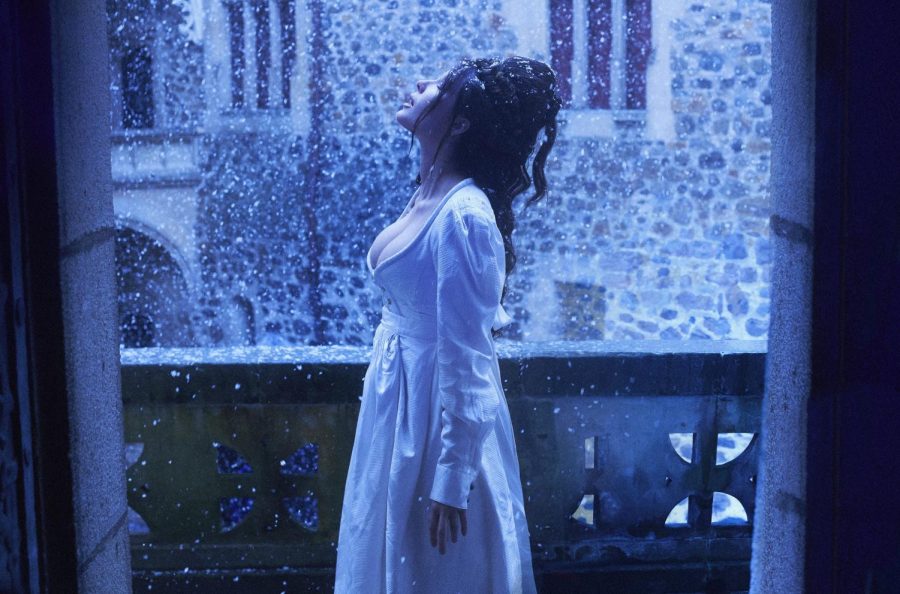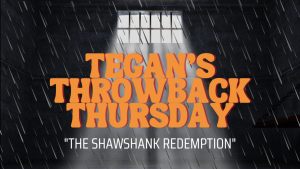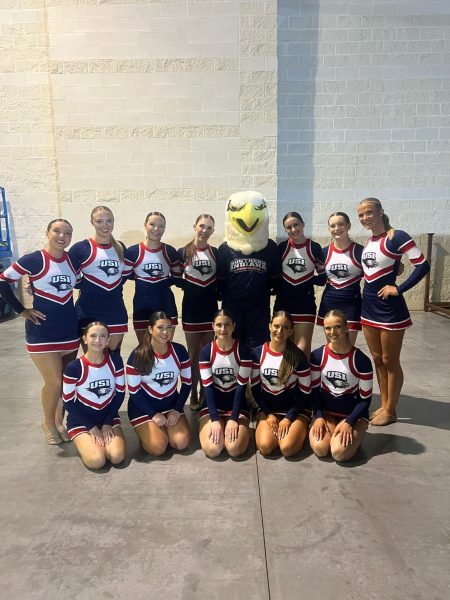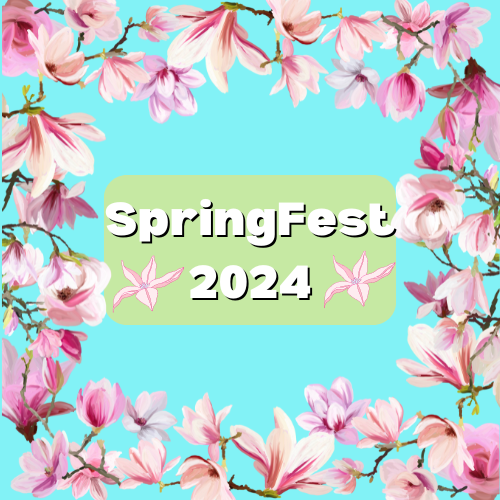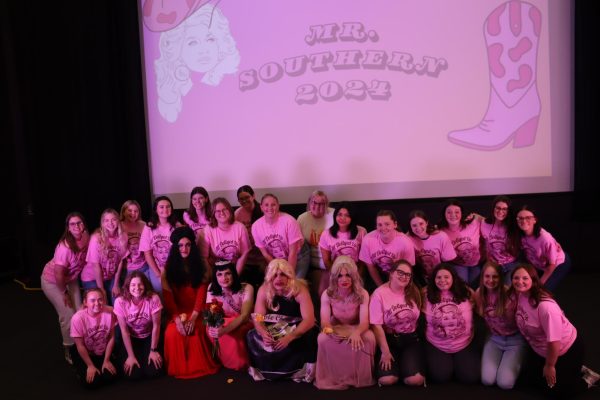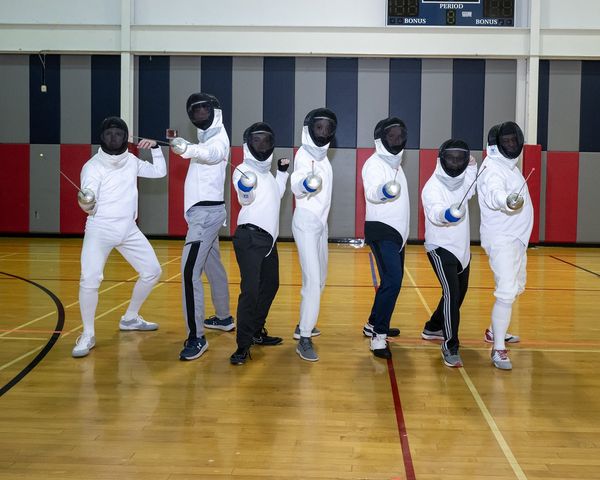Halsey’s newest album is their most vulnerable yet
Photo courtesy of: Lucas Garrido
Halsey’s “If I Can’t Have Love, I Want Power” came out Aug. 27, 2021 on all media platforms.
September 16, 2021
Halsey’s “If I Can’t Have Love, I Want Power” is a “concept album about the joys and horrors of pregnancy and childbirth” with an emphasis that there does not have to be a bodily dichotomy between sexuality and motherhood, according to Halsey. The songs are well executed and may be interpreted in many different ways as all art should be.
Halsey announced their pregnancy, relationship with Alec Aydin, use of she/they pronouns and a new album in 2021.
The first half of Halsey’s new album “If I Can’t Have Love, I Want Power” focuses primarily on past scarring relationships and the struggles of facing society’s constructs of Halsey as a woman and her sexuality. Such feelings and reflections likely came to head recently in light of their first pregnancy and committed relationship.
The early songs display both power and vulnerability. Several tracks reference “girl power” and strength in the face of sexism and toxic relationships.
Other early tracks lament on how abusive relationships can completely destroy someone’s self-worth and self-image. She found herself fighting between her own perception of herself, the self others created for her and the self created by society.
“Darling” is the middle track. The softer sound and hopeful theme provides reprieve from the previous darker tracks. It reminisces about bad situations or struggles and reflects on how these issues influence the person she is today.
The latter half of the album is a reflection of past relationships and Halsey’s feelings towards themself and their past. While the songs are less dark, most show a very evident ongoing struggle, expressing confusion and hopelessness. Despite this, she seems to focus on the lighter side of things and considers what she can learn from her experiences.
The album ends feeling resolved with the track “Ya’aburnee,” in which Halsey laments that they are finally at peace with themself, with their daughter and partner by their side. Halsey wishes to focus on only the love they share for their family rather than their fears towards identity and relationships.

I feel that this is Halsey’s most experimental album. It breaches new genres and experiments with rhythm, instrumentals, style and themes. It is powerful and vulnerable with raw and honest lyrics that seem to bear Halsey’s heart and mind.
While the album is labeled alternative as a whole, each song seems to take inspiration from different genres and musical styles. One track may be accompanied by harsh drums and sharp chords, while the next may feature soft acoustics and a melodic voice. Each instrumental decision perfectly reflects the lyrical themes of the track
The album reveals Halsey viewed pregnancy as a tumultuous journey that resurfaced doubts, fears and painful experiences. Halsey beautifully empathizes a mother’s common fear of not being good enough and that one’s worth as a mother or partner is measured by one’s past experiences and identities.
Halsey’s album not only tackles the themes they originally intended but themes of struggling to remain true to oneself in a relationship, fear of commitment, the ever present trauma of abusive relationships and conflicts that come with self-perception and identity as a whole.
I absolutely adored this album and would give it five stars. It is definitely a contender to be one of my favorite albums of 2021, and it is certainly my favorite Halsey album overall.
The album was very strong in both lyrics and sound. My favorite tracks in terms of lyrics are “Darling,” “Ya’aburnee,” “The Tradition” and “The Lighthouse.”
“Darling” and “Ya’aburnee” stood out to me for their uplifting, heartwarming lyrics. They perfectly explain the pure adoration Halsey feels towards her daughter as the words seep with love, nostalgia and comfort.
“The Tradition” and “The Lighthouse” are lyrically strong in my eyes because of their eloquent poetic nature. Both tracks are extended metaphors for standing strong in one’s sex and autonomoy and the fight against male dominance and abuse.
In terms of sound alone, I especially enjoyed “Girl is a Gun” and “Bells in Santa Fe”. Admittedly, it was hard to pick just a couple of songs for this category as I appreciated the musical composition of all of the tracks.
“Girl is a Gun” is one of several tracks on the album that made me want to bop my head and dance. It seems to take inspiration from 70’s psychedelic music with a bit of 80’s pop. It has fun instrumentals that set it apart from other songs on the album.
“Bells in Santa Fe” stands out in terms of sound with its staccato and steady beat. The rhythm reminds me of a pounding heart or frantic flapping of wings. This goes perfectly with the lyrical theme of the song, which is Halsey’s flightiness in relationships.
“If I Can’t Have Love, I Want Power” is one of Halsey’s most vulnerable and powerful releases yet. It tackles hard themes and universal struggles with admirable honesty and grace. While it may be Halsey’s attempt at having her feelings heard, it certainly makes struggling listeners feel heard as well. It will be a standout album of 2021 and empower her audience for years to come.

